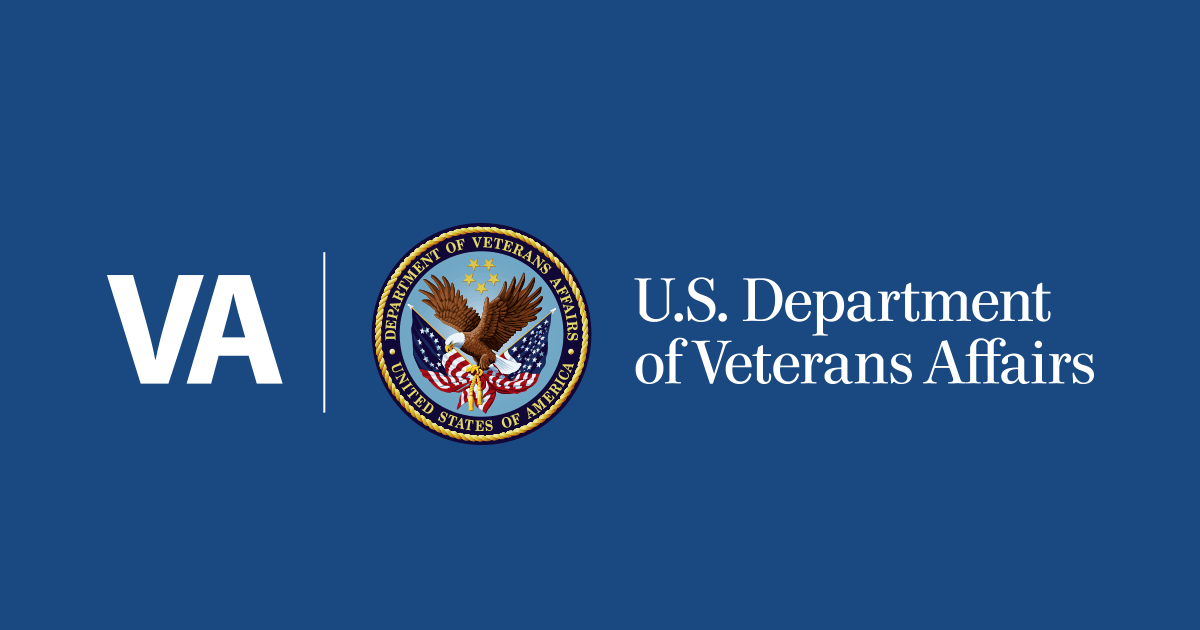Excellent points by
@NavyHoops - all discussed in many threads and posts going back years.
She mentions several big ones, including when it’s time to apply for residencies, needs of the Navy will outweigh the individual’s desires.
The obligated service is years and years, compared to the usual at least 5 years for USNA. I am not sure of the exact payback, except there is payback for USNA, medical school, etc., and it starts
after the years of residency down the road. Going Navy medicine out of USNA essentially commits the officer to a near-full career.
There is a way to go the unrestricted line officer route out of USNA and NROTC and a few years into the officer career, in a narrow band of years, you can competitively apply to the lateral transfer and redesignation board for Medical Corps. Again, only a small handful of top-performing officers are chosen from across the officer community. And once again, if you’re, say, a submarine officer, and the Navy needs you to stay in submarines because of manpower levels, you could be the most stellar candidate the board has seen, but the sub community will not release you. Keep in mind what I posted above - the military obtains most of its doctors from civilian medical schools. That said, I always appreciated a military doctor whose uniform reflected their warfare specialty, as I knew their path had been hard and they “got me” as a line officer.
If being a doctor is the goal, not necessarily a military one, you can go to USNA or NROTC, serve honorably as a surface warfare officer (usually the shortest path in years) for your required active duty service obligation, then another 36 months to earn your full Post-9/11 GI Bill very generous veterans’ educational benefit. You will not be teetering at grave’s edge; older students are common in post-grad schools. Veterans can be found at prestigious medical, law, business and other graduate schools. You take online refresher courses, MCAT prep courses, and are a mature student who knows how to work hard. And likely no student loans!
The Post-9/11 GI Bill (Chapter 33) helps you pay for school or job training. If you’ve served on active duty after September 10, 2001, you may qualify for the Post-9/11 GI Bill (Chapter 33). Find out if you can get this education benefit.

www.va.gov

